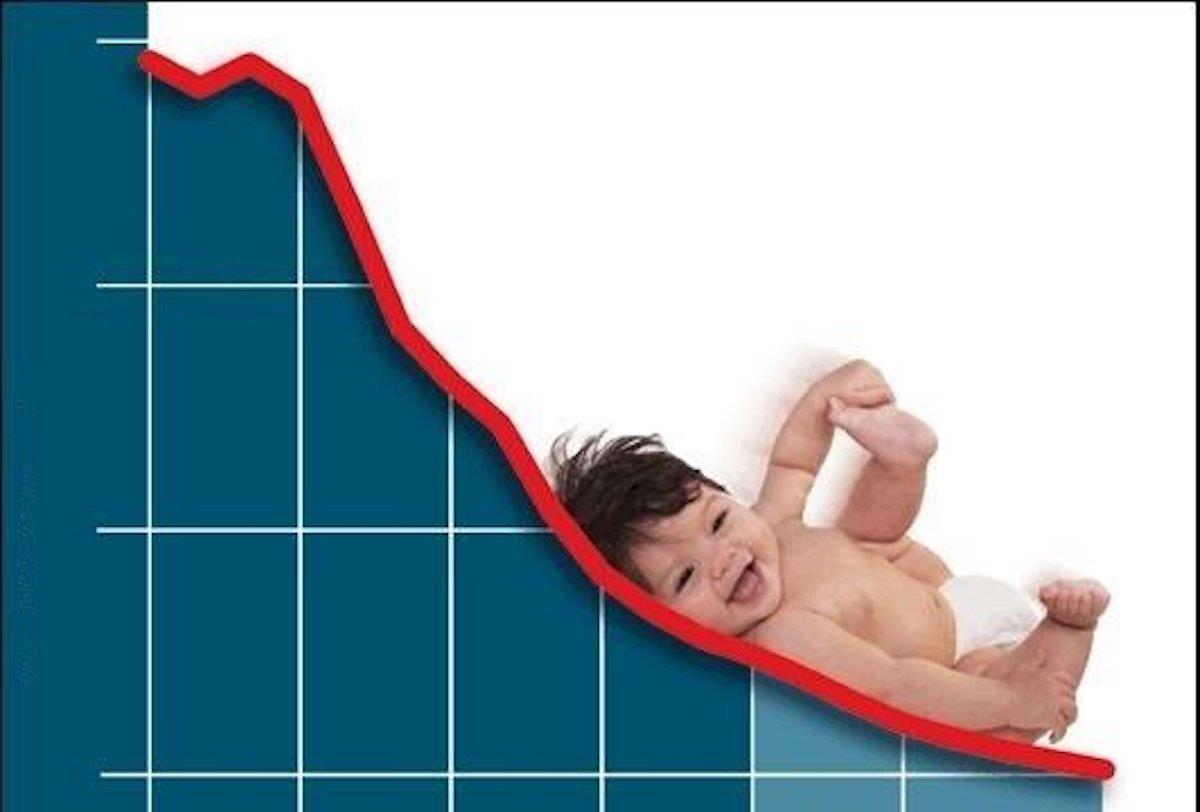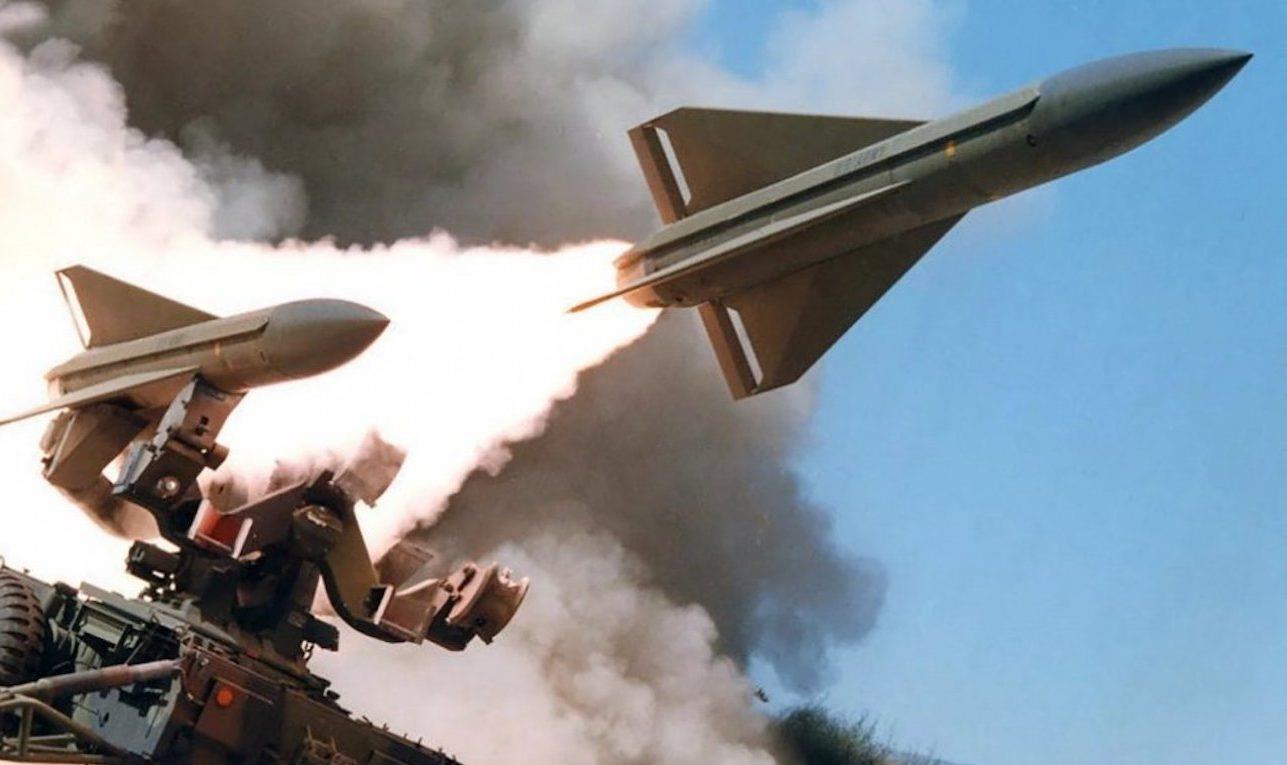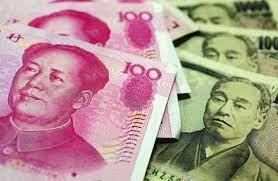Latest stories

Demographic disaster may have an unappreciated upside Ukraine war risk and the gold hedge

Air defenses gone, Russia dominates Ukraine airspace Given the lack of transparency concerning China's debt troubles, global investors aren't quite sure where all the financial bodies are buried now – and never mind one year out. The $9
trillion
mountain of local government financing vehicles alone poses huge risks.
This spotlights the dilemma China faces between curbing fiscal excesses and keeping growth as close to 5% as possible.
“In our view, long-term consolidation efforts might need to take a back seat to short-term stabilization concerns, and the debt outlook could look worse before it looks better,” says Lynn Song, ING Bank's chief economist for Greater China.“Failing to restore growth and confidence would weaken the GDP side of the debt to GDP equation and could have an equally harmful impact on long-term debt sustainability.”
The US could be an even bigger global growth spoiler this year. Case in point is the news this week that US consumer prices accelerated in March to a 3.5% annual rate, up from 3.2% in February. It marked the
hottest inflation
gain in the last six months.
At the very least, a US Federal Reserve rate cut is off the table for the foreseeable future.“You can kiss a June interest rate cut goodbye,” says Greg McBride, chief financial analyst at advisory Bankrate.
Bad news on inflation is colliding with a national debt topping US$34 trillion and extreme political squabbling in Washington. Republicans controlling the House of Representatives still haven't passed a budget since the last one expired last September. Threats abound that another government shutdown is coming.

Lawmakers such as Marjorie Taylor Greene have turned the US House of Representatives chaotic. Photo: BBCIn November, Moody's cited“continued political polarization” when it downgraded Washington's
credit outlook . A very significant moment, considering Moody's is the only major credit company to rate US debt AAA.
“Continued political polarization within US Congress,” Moody's says,“raises the risk that successive governments will not be able to reach consensus on a fiscal plan to slow the decline in debt affordability.”
Such clashes could become even more extreme should Donald Trump return to the US presidency following the November 5 election. In his 2017-2021 stint in the White House, Trump launched a trade war versus China, bullied the Fed into cutting rates and hinted at defaulting on US debt. Then he inspired an insurrection to attempt to overturn his 2020 election loss.
Economists worry Trump 2.0 would be even more off the rails. Already, he's promising to slap 60% tariffs on all Chinese goods on top of those he imposed during the Trump 1.0 era. And pledging to revoke“most favored nation” trade status.
“The most frequently asked questions among local investors [in China] include implications for China should Donald Trump become the next US president,” says Maggie Wei, economist at Goldman Sachs Group.
Not that current US President
Joe Biden
has gone easy on China. Along with keeping Trump's tariffs in place, Biden curtailed China's access to semiconductors and other vital technologies. He limited the ability of multinational companies to invest in Xi's economy. As such, Xi might not be happy with either election outcome.
“Whoever wins the 2024 presidential election, whether that's Biden or Trump, I don't think there'll be a difference in the way the US approaches China - whether it's US investment, technology transfer or trade,” David Firestein, president of the George H. W. Bush Foundation for US-China Relations, tells Bloomberg.
Firestein adds that“the political climate in the United States in terms of China is going to be very similar to what it has been over these last eight or nine years, irrespective of whether Biden or Trump wins. When Biden came in, he essentially not only embraced Trump's policies, but indeed largely doubled down on them.”
Add in the risk of a policy mistake by the Fed. Even before this week's bad
inflation news , Fed Chairman Jerome Powell signaled he's in no hurry to cut rates with the US unemployment rate anchored below 4%.

US Federal Reserve Chair Jerome Powell. Image: XinhuaLast month, Powell said:“We are prepared to maintain the current target range for the federal funds rate for longer if appropriate.” Now, it could be much longer.
“Three months of surprisingly strong services inflation are difficult to explain away and suggest that demand strength could be sustaining elevated US inflation, which limits the Fed's ability to ease policy,” says Ronald Temple, chief market strategist at Lazard.
Economist Kathy Bostjancic at Nationwide Mutual adds that recent data“will undermine Fed officials' confidence that inflation is on a sustainable course back to 2% and likely delays rate cuts to September at the earliest and could push off rate reductions to next year.”
There's growing concern, though, that extending the“higher for longer” era for US yields could backfire. That's particularly the case considering that most US inflation is about supply constraints post-Covid 19, not runaway demand that the Fed can control.
Some worry that delaying Fed rate cuts increases the risks of stress in credit markets. That could increase the odds of Silicon Valley Bank-like blowups amongst medium-sized banks and strains in the commercial property sector.
“In early 2008 Ben Bernanke's Federal Reserve downplayed at great cost the downside risks to the economy coming from the subprime loan crisis,” says Desmond Lachman, economist at the American Enterprise Institute.

Sign up for one of our free newsletters The Daily ReportStart your day right with Asia Times' top stories AT Weekly ReportA weekly roundup of Asia Times' most-read stories
Today, Lachman adds,“Powell's Fed seems to be making a similar mistake by downplaying the downside risks to the economy from the commercial real estate crisis and the bursting of the
Chinese housing
and credit market bubble. We have to hope that the Fed changes course soon to spare us from an unnecessary hard economic landing.”
The Fed's reluctance to ease could complicate life for Asian central banks. For the Bank of Japan, Fed uncertainty will delay Governor Kazuo Ueda's next tightening move. That has the yen tumbling this week as far as 153.24, a level last seen in June 1990.
Adding to the drama for Tokyo: some economists including former Treasury Secretary
Lawrence Summers
think the Fed's next move will be to tighten, not ease.
The yen's slide is putting People's Bank of China Governor
Pan
Gongsheng in a tough spot. It's likely to keep the yuan under intensifying downward pressure. This could limit the PBOC's ability to cut rates should Chinese demand weaken even further in the months ahead.
A weaker Chinese exchange rate could be a threat on numerous levels. It might make it harder for giant
property developers
to make payments on offshore debt, exacerbating China Evergrande Group-like default risks. It might squander progress Xi's government has made internationalizing the currency. It might provoke Washington in the leadup to a contentious US election that's already a minefield for Beijing.

And yet, markets are on edge over the prospect of Beijing perhaps deciding to engage in a race to the bottom with the yen. That's particularly so as China struggles to boost domestic demand as deflation festers.
“We think China's low inflation is a symptom of its growth model built on a high rate of investment,” says economist Zichun Huang at Capital Economics.“As reducing dependence on investment is still far off, we expect inflation to remain subdued relative to pre-pandemic norms in the long run.”
As these three economic bodies – the US, China and Japan – tend to their wounds, all global investors can do is hope their respective policymakers get things right. A problem, indeed.
Follow this writer on X @WilliamPesek.
Already have an account?Sign in Sign up here to comment on Asia Times stories OR Thank you for registering!
An account was already registered with this email. Please check your inbox for an authentication link.